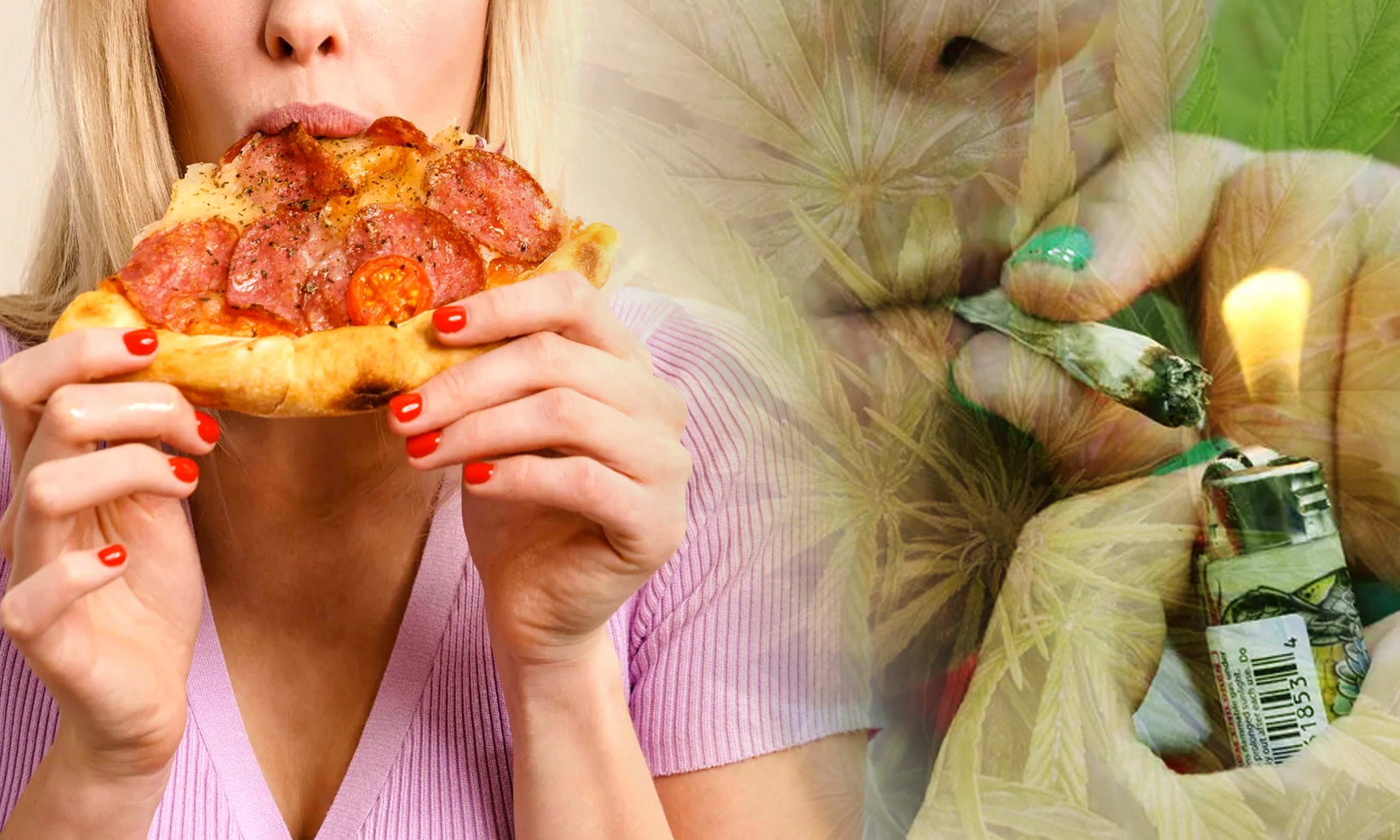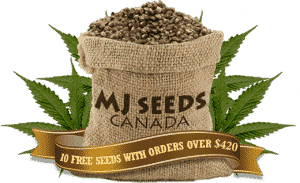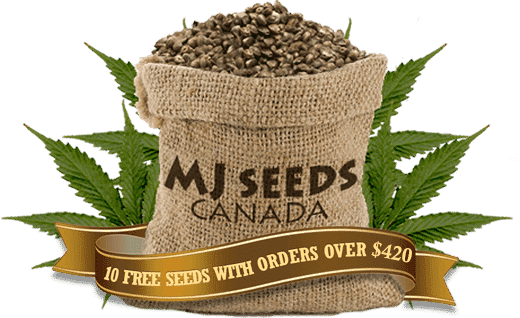Taste is important in food. It affects what we like to eat and how we perceive flavors. From bitter dark chocolate to tangy citrus fruits, each taste is special and makes our taste buds happy. But have you ever noticed how a simple snack can transform into a gourmet delight when you’re high and why does food taste better high?
It’s a phenomenon that many cannabis users have experienced, but what exactly causes this enhancement in taste perception? Let’s delve into the science behind what makes up taste, and why food tastes better sometimes, like when you’re feeling high.
Understanding Taste

Taste is one of our primary sensory modalities, alongside sight, smell, touch, and hearing. It involves the perception of different flavors, including sweet, sour, salty, bitter, and umami (savory). Contrary to what many think, tasting food isn’t about the tongue. It’s a complicated process that involves many parts of the body working together, like nerves, brain pathways, and thinking.
The tongue contains taste buds, and specialized sensory organs that detect different flavors. These taste buds consist of taste receptor cells that respond to specific chemicals in food. When we eat food, tiny parts of it attach to cells in our bodies called receptors. These receptors then send messages to our brains to tell us what we’re tasting. The brain then processes these signals, allowing us to perceive the taste of the food.
Factors Influencing Taste Perception

Several factors can influence how we perceive taste, including genetic predispositions, cultural influences, and environmental conditions. Additionally, our state of mind and physiological factors can also impact taste perception.
Why Food Tastes Better High
When we’re affected by substances like cannabis, it alters how we experience taste, making it an intriguing aspect of our senses. People often say they can taste things better when they’re high. We’re still studying exactly why this happens, but a few things might make food taste better when you’re high.
- Heightened Sensory Perception
Cannabis has ingredients called cannabinoids, like THC and CBD, that affect the body’s endocannabinoid system. They change how we perceive things, like taste, by affecting the brain’s activity in areas linked to senses.
2. Increased Appetite
Cannabis is well-known for its ability to stimulate appetite, often referred to as “the munchies.” When individuals are high, they may experience increased hunger and cravings for certain foods. This heightened appetite can make food taste more enjoyable and satisfying.
3. Altered Time Perception
Cannabis can also affect one’s perception of time, slowing it down or making it feel elongated. This changed sense of time might help people enjoy the flavors of food more, making the taste experience better.
4. Enhanced Sensory Awareness
When people are high, they might notice their senses are stronger. This means they can taste, smell, and feel things more intensely. Food might taste richer and more delicious because of this heightened sense of taste.
How Cannabis Affects Taste Perception
Cannabis, containing compounds like THC and CBD, can enhance taste perception by interacting with the brain’s endocannabinoid system. These compounds may heighten sensory awareness, intensifying the flavors of food. Additionally, cannabis is known to stimulate appetite, making food more enjoyable and satisfying. Its influence on time perception can also elongate the experience of savoring flavors. Overall, cannabis can amplify taste sensations, making food taste more vibrant for some individuals.
Does weed make food taste better?
Weed can enhance taste perception for some people by heightening sensory awareness and stimulating appetite. This can make food taste richer and more enjoyable, leading to a phenomenon known as “the munchies.” But, individual experiences may vary, and not everyone may find that weed improves their enjoyment of food.
How Does Weed Heighten Your Senses?
Using cannabis often leads to stronger sensory experiences, impacting how we taste, smell, feel, see, and hear. Learning about how weed affects our senses helps us understand the complicated connections between cannabinoids and our brains.
- Enhanced Taste Perception
Cannabis can amplify the flavors of food by stimulating taste receptors in the brain, leading to a more intense and enjoyable culinary experience. This phenomenon, known as “the munchies,” is attributed to THC’s interaction with the brain’s reward system. - Heightened Smell Sensitivity
Weed can heighten the sense of smell, making aromas more pronounced and vivid. This enhanced olfactory perception is thought to result from THC’s influence on the limbic system, which processes emotions and memories, including those associated with scent. - Increased Sensitivity to Touch
Some users report heightened tactile sensations while under the influence of cannabis. This effect may be due to THC’s ability to alter sensory processing in the brain, leading to a heightened awareness of physical sensations and textures. - Enhanced Visual Perception
Cannabis can alter visual perception, leading to intensified colors, patterns, and textures. This effect, sometimes called “HD vision” or “better eyesight,” is believed to happen because THC affects dopamine in the brain, making your senses sharper. - Heightened Auditory Perception
Cannabis can also influence auditory perception, making sounds more vibrant and distinct. The increased ability to hear things better when high is thought to happen because THC affects the parts of the brain that process sound, making sounds seem clearer and louder.
Can You Prevent the Munchies?
After smoking marijuana, people often get strong cravings for food, known as the munchies. These cravings can be controlled with different methods. While everyone’s reaction may be different, using these techniques can help you avoid eating too much when you’re high.
- Choose the Right Strain
Opt for cannabis strains that are lower in THC (tetrahydrocannabinol) and higher in CBD (cannabidiol). CBD has been shown to counteract some of the appetite-stimulating effects of THC, reducing the intensity of the munchies. - Mindful Consumption
Practice mindful consumption by being aware of your cannabis intake and its effects on your appetite. Start with smaller doses and monitor how your body responds. Taking breaks between sessions can also help regulate your appetite. - Stay Hydrated
Drinking water before, during, and after cannabis consumption can help curb the munchies. Sometimes, feelings of hunger are mistaken for thirst. Keeping hydrated can help you feel fuller and reduce the urge to snack excessively. - Plan Healthy Snacks
If you anticipate experiencing the munchies, prepare healthy snacks in advance. Opt for nutrient-dense options such as fruits, vegetables, nuts, or whole grains. Having these snacks readily available can satisfy cravings without derailing your diet. - Distract Yourself
Engage in activities that distract you from thoughts of food. Engaging in activities like taking a walk, enjoying music, doing a hobby, or spending time with friends can distract you from wanting to eat. - Practice Portion Control
If you decide to indulge in snacks while experiencing the munchies, practice portion control. Pre-portion your snacks to avoid mindlessly overeating. Focus on savoring the flavors and textures of your food rather than consuming large quantities. - Choose Strains with Appetite-Suppressing Terpenes
Certain cannabis strains contain terpenes that may help suppress appetite. Look for strains high in pinene, which has been associated with appetite suppression, or strains containing humulene, which may also have appetite-regulating effects. - Establish a Routine
Incorporate cannabis consumption into a structured routine that includes regular meals and snacks. By maintaining a consistent eating schedule, you can help regulate your appetite and minimize the impact of the munchies.
Conclusion
Taste is how we experience the flavor of food, influenced by many factors like genetics, environment, and how our body feels. When we’re high, the taste might seem stronger and more interesting, which is still being studied. This shows how cannabis affects our senses through interactions in the brain. It’s important to pay attention to how your body responds and find what gives you the best experience with cannabis.
Frequently Asked Questions
1. Why does weed make food taste so good?
Weed can improve food taste because THC interacts with the brain, enhancing senses and making flavors stronger. This also increases appetite, making food more enjoyable for some people.
2. Does food taste better when high?
For many people, food tastes better when high due to heightened sensory perception and increased appetite caused by compounds in cannabis like THC. However, individual experiences may vary.
3. What types of food taste better when high?
While individual preferences vary, many people report heightened enjoyment of savory, sweet, and salty foods when high. Snacks like chips, chocolate, or fruit may be particularly appealing due to their intense flavors.
4. How can I make the most of the enhanced taste experience when high?
To fully enjoy the heightened taste experience when high, try experimenting with different flavors and textures. Explore new cuisines, savor each bite mindfully, and appreciate the intricate flavors of your favorite foods.
5. Are there any strains or terpenes known for enhancing taste perception?
Some cannabis strains contain terpenes like myrcene, limonene, or pinene, which are associated with distinct flavors and aromas. Experimenting with different strains and terpene profiles may enhance your taste experience when consuming cannabis.




